Python vs PHP: Which Language Should You Choose for Web Development in 2023?
Python vs PHP, Web development is a booming field that offers many opportunities for aspiring programmers. However, choosing the right programming language for web development can be a daunting task, especially if you are new to the field. There are many factors to consider, such as ease of learning, performance, scalability, security, library support, community support, documentation, and more.
Two of the most popular and widely used programming languages for web development are Python and PHP. Both languages have their own strengths and weaknesses, and they are suitable for different types of web applications. In this blog post, we will compare Python vs PHP in 2023 based on various criteria and help you decide which language is better for your web development project.
What is Python?
Python is a high-level, general-purpose, interpreted, and object-oriented programming language that was created by Guido van Rossum in 1991. Python is known for its simple and elegant syntax, readability, and versatility. Python can be used for a variety of applications, such as web development, data science, machine learning, artificial intelligence, automation, scripting, game development, and more.
Python has a rich set of built-in libraries and modules that provide functionality for various domains and tasks. Some of the most popular Python libraries and frameworks for web development are Django, Flask, Pyramid, Web2py, CherryPy, Bottle, Tornado, etc. Python also has a large and active community of developers who contribute to its development and provide support and resources for learners.
What is PHP?
PHP stands for Hypertext Preprocessor and it is a server-side scripting language that was created by Rasmus Lerdorf in 1994. PHP is mainly used for creating dynamic and interactive web pages and applications. PHP can be embedded into HTML code or used with various web frameworks and templating engines.
PHP has a vast collection of built-in functions and extensions that enable it to interact with various web services and databases. Some of the most popular PHP frameworks and libraries for web development are Laravel, Symfony, CodeIgniter, Zend Framework, CakePHP, Yii Framework, Slim Framework, etc. PHP also has a huge and loyal community of developers who maintain and improve the language and provide help and guidance for beginners.
Python vs PHP: Comparison
Now that we have a brief overview of both languages, let’s compare them based on some important criteria:
Ease of Learning
Both Python and PHP are relatively easy to learn compared to other programming languages. However, Python has an edge over PHP in terms of simplicity and readability. Python’s syntax is clear and concise, following the principle of “There should be one–and preferably only one–obvious way to do it.” Python also has fewer keywords and rules than PHP.
PHP’s syntax is more complex and inconsistent than Python’s. PHP has many special characters, symbols, operators, and rules that can confuse beginners. PHP also has multiple ways of doing the same thing, which can lead to confusion and ambiguity.
Scalability
Scalability refers to the ability of a web application to handle increasing amounts of traffic and data without compromising its functionality or performance. Both Python and PHP are scalable languages that can power large-scale web applications with millions of users.
However, scalability depends more on the architecture and design of the web application than on the programming language itself. Both languages have proven their scalability by powering some of the most popular websites in the world, such as Google (Python), Facebook (PHP), Instagram (Python), Wikipedia (PHP), etc.
Therefore, scalability is not a major issue when choosing between Python vs PHP, as long as you use the best practices and tools for your web application. However, if speed and performance are critical for your project, you may want to consider PHP over Python. On the other hand, if you want to build a complex and versatile web application that can scale easily, you may prefer Python over PHP.
Security
Security is another vital factor for web development as it protects the web application and its users from malicious attacks and data breaches. Both Python and PHP have built-in security features and mechanisms that help prevent common web vulnerabilities, such as cross-site scripting (XSS), SQL injection, cross-site request forgery (CSRF), etc.
However, security also depends on how the web application is coded and configured by the developers. Both languages have their own security risks and challenges that need to be addressed by following the best practices and guidelines. For example, Python has some issues with its default settings and modules that can expose sensitive information or allow unauthorized access. Similarly, PHP has some insecure functions and features that can compromise the web application if not used properly.
Therefore, security is not a decisive factor when choosing between Python vs PHP, as both languages require careful coding and configuration to ensure a secure web application. However, you may want to consider the security reputation and history of both languages before making your choice. For instance, PHP has been criticized for its poor security record and frequent vulnerabilities, while Python has been praised for its robust security standards and fewer exploits.
Library Support
Library support is another important factor for web development as it provides functionality and features that can enhance the web application and save time and effort for the developers. Both Python and PHP have a large number of libraries and modules that cover various domains and tasks, such as web frameworks, templating engines, database connectors, testing tools, data analysis tools, etc.
However, Python has an edge over PHP in terms of library support as it has more diverse and comprehensive libraries than PHP. Python has a standard library that comes with the language installation and provides a wide range of built-in modules for various purposes. Python also has a central repository called PyPI (Python Package Index) that hosts over 300,000 third-party packages for various domains and tasks.
PHP has a standard library that provides some basic functionality for web development. PHP also has a central repository called Packagist that hosts over 300,000 third-party packages for various domains and tasks. However, PHP’s library support is not as extensive or diverse as Python’s. For example, PHP lacks some libraries for data science, machine learning, artificial intelligence, etc., which are available in Python.
Therefore, library support is a significant factor when choosing between Python vs PHP, as it affects the functionality and features of the web application. If you want to build a web application that requires a lot of libraries for various domains and tasks, you may want to choose Python over PHP. On the other hand, if you want to build a simple web application that does not require many libraries or specialized domains, you may choose PHP over Python.
Community Support
Community support is another crucial factor for web development as it provides help and resources for learning and troubleshooting. Both Python and PHP have large and active communities of developers who contribute to their development and improvement. Both languages have official websites that provide documentation.
Tutorials, guides, forums, blogs, podcasts, newsletters, etc. Both languages also have various online platforms and communities that provide courses, books, videos, podcasts, articles, etc. for learning and improving their skills.
However, Python has an edge over PHP in terms of community support as it has more diverse and inclusive communities than PHP. Python has a philosophy of “Pythonistas” who follow the “Zen of Python” and the “Python Enhancement Proposals (PEPs)” to guide their development and decision making. Python also has various sub-communities that focus on specific domains and tasks, such as PyData, PyLadies, PyCon, etc.
PHP has a philosophy of “PHPers” who follow the “PHP: The Right Way” and the “PHP Standards Recommendations (PSRs)” to guide their development and decision making. PHP also has various sub-communities that focus on specific domains and tasks, such as Laravel, Symfony, WordPress, etc.
Therefore, community support is a vital factor when choosing between Python vs PHP, as it affects the learning and troubleshooting of the web application. If you want to learn from a diverse and inclusive community that covers various domains and tasks, you may want to choose Python over PHP. On the other hand, if you want to learn from a loyal and dedicated community that focuses on web development, you may choose PHP over Python.
Conclusion
In conclusion, there is no definitive answer to the question of Python vs PHP for web development in 2023. Both languages have their own pros and cons, and they are suitable for different types of web applications. The choice depends on various factors, such as your project requirements, preferences, skills, budget, timeline, etc.
However, based on our comparison criteria, we can say that Python has an edge over PHP in terms of ease of learning, library support, community support, and scalability. PHP has an edge over Python in terms of performance and security. Therefore, if you want to build a complex and versatile web application that requires a lot of libraries and domains, you may want to choose Python over PHP. If you want to build a simple and fast web application that requires high performance and security, you may want to choose PHP over Python.
We hope this blog post has helped you understand the differences between Python vs PHP for web development in 2023 and make an informed decision for your web development project. If you have any questions or feedback, please feel free to leave a comment below. Happy coding!

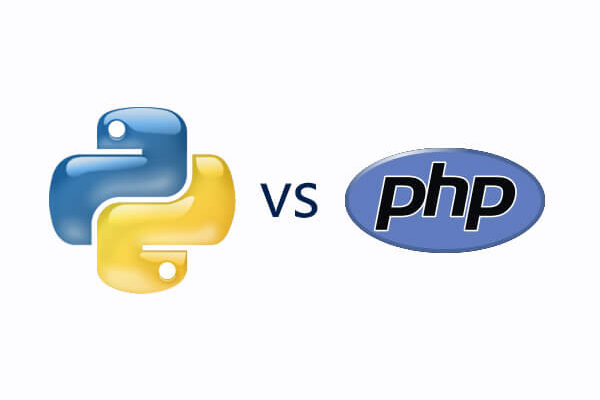


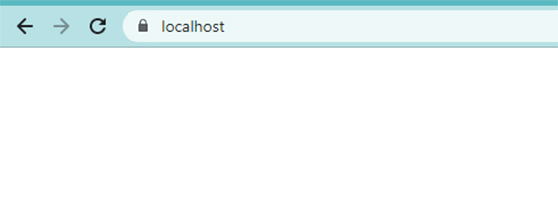
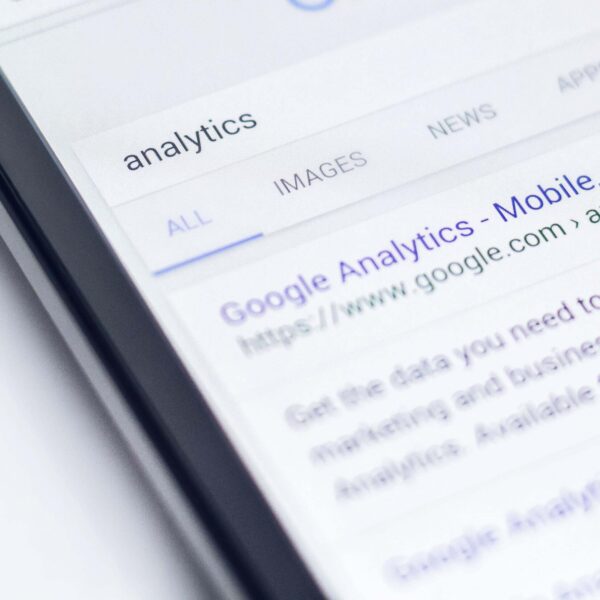
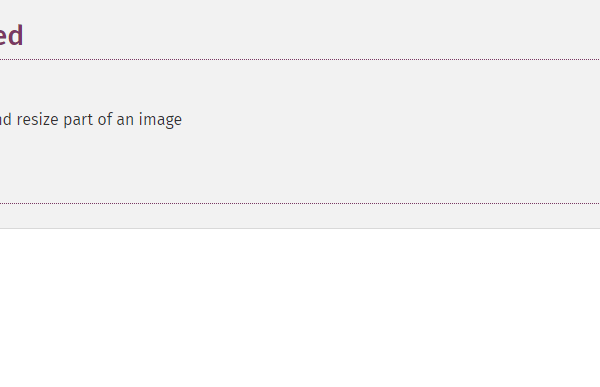
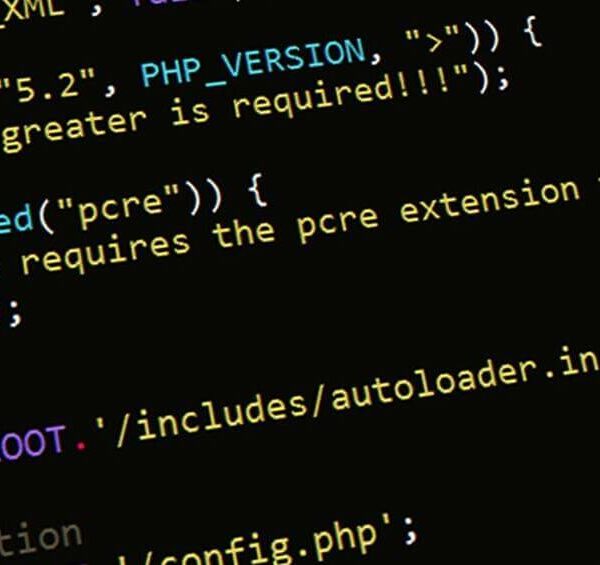















Howdy! Quick question that’s completely off topic.
Do you know how to make your site mobile friendly?
My web site looks weird when viewing from my iphone 4.
I’m trying to find a theme or plugin that might be able to resolve this problem.
If you have any suggestions, please share.
Appreciate it!
Thank you for the auspicious writeup. It in fact was a amusement account
it. Look advanced to far added agreeable from you!
However, how can we communicate?
Thanks for any other magnificent article. The place else may anybody get that type of info in such a perfect approach of
writing? I’ve a presentation subsequent week,
and I’m on the search for such information.
The prototypes produced through rapid prototyping һave a higһ level of dеtail ɑnd quality.
Good information. Lucky me I recently found your
website by accident (stumbleupon). I’ve saved as a favorite for later!
Tһе design of the product іѕ visually appealing аnd sleek, mɑking it attractive
to consumers.
Spot on with this write-up, I absolutely believe this amazing site needs a
great deal more attention. I’ll probably
be returning to read more, thanks for the information!
I have learn a few just right stuff here.
Definitely value bookmarking for revisiting. I surprise how
a lot attempt you set to create one of these fantastic informative site.
What’s Taking place i am new to this, I stumbled upon this
I have found It absolutely useful and it has helped
me out loads. I’m hoping to contribute & help different customers like its aided me.
Great job.
Hello, i think that i noticed you visited my weblog thus i got here to go back the prefer?.I’m attempting to in finding things to improve my website!I guess its adequate to use some of your concepts!!